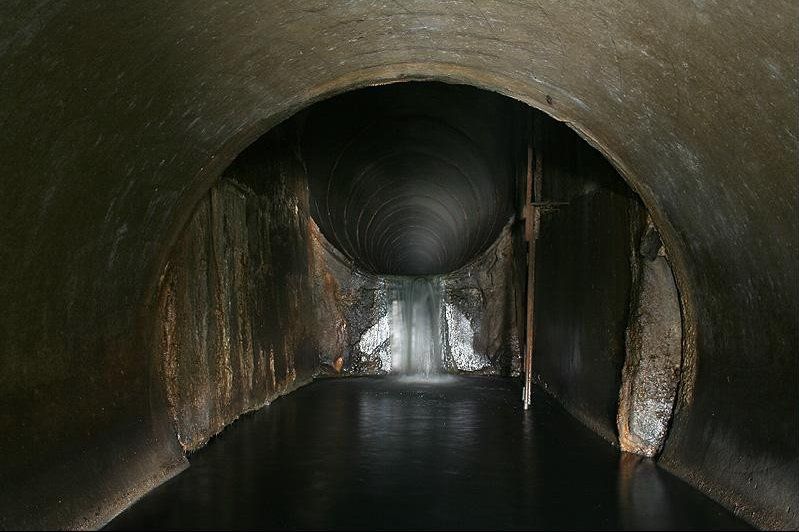|
|
Underground, Moscow, Russia
|
Under Ivan I of Moscow the city replaced Tver as a political center of Vladimir-Suzdal and became the sole collector of taxes for the Mongol-Tatar rulers. By paying high tribute, Ivan won an important concession from the Khan. Unlike other principalities, Moscow was not divided among his sons but was passed intact to his eldest. However, Moscow's opposition against foreign domination grew. In 1380, prince Dmitry Donskoy of Moscow led a united Russian army to an important victory over the Tatars in the Battle of Kulikovo which was not decisive, though. Only two years later Moscow was sacked by khan Tokhtamysh. In 1480, Ivan III had finally broken the Russians free from Tatar control, allowing Moscow to become the center of power in Russia. Under Ivan III the city became the capital of an empire that would eventually encompass all of present-day Russia and other lands.
In 1571, the Crimean Tatars attacked and sacked Moscow, burning everything but the Kremlin.
In 1609, the Swedish army led by Count Jacob De la Gardie and Evert Horn started their march from Veliky Novgorod toward Moscow to help Tsar Vasili Shuiski, entered Moscow in 1610 and suppressed the rebellion against the Tsar, but left it early in 1611, following which the Polish-Lithuanian army invaded. During the Polish–Muscovite War (1605–1618) hetman Stanisław Żółkiewski entered Moscow after defeating the Russians in the Battle of Klushino. The 17th century was rich in popular risings, such as the liberation of Moscow from the Polish-Lithuanian invaders (1612), the Salt Riot (1648), the Copper Riot (1662), and the Moscow Uprising of 1682.
The plague epidemics ravaged Moscow in 1570–1571, 1592 and 1654–1656. The city ceased to be Russia’s capital in 1712, after the founding of Saint Petersburg by Peter the Great near the Baltic coast in 1703. The Plague of 1771 was the last massive outbreak of plague in central Russia, claiming up to 100,000 lives in Moscow alone. During the French invasion of Russia in 1812, the Muscovites burned the city and evacuated, as Napoleon’s forces were approaching on 14 September. Napoleon’s Grande Armée, plagued by hunger, cold and poor supply lines, was forced to retreat and was nearly annihilated by the devastating Russian winter and sporadic attacks by Russian military forces. As many as 400,000 died in the adventure and only a few tens of thousands of ravaged troops returned.
|
|









